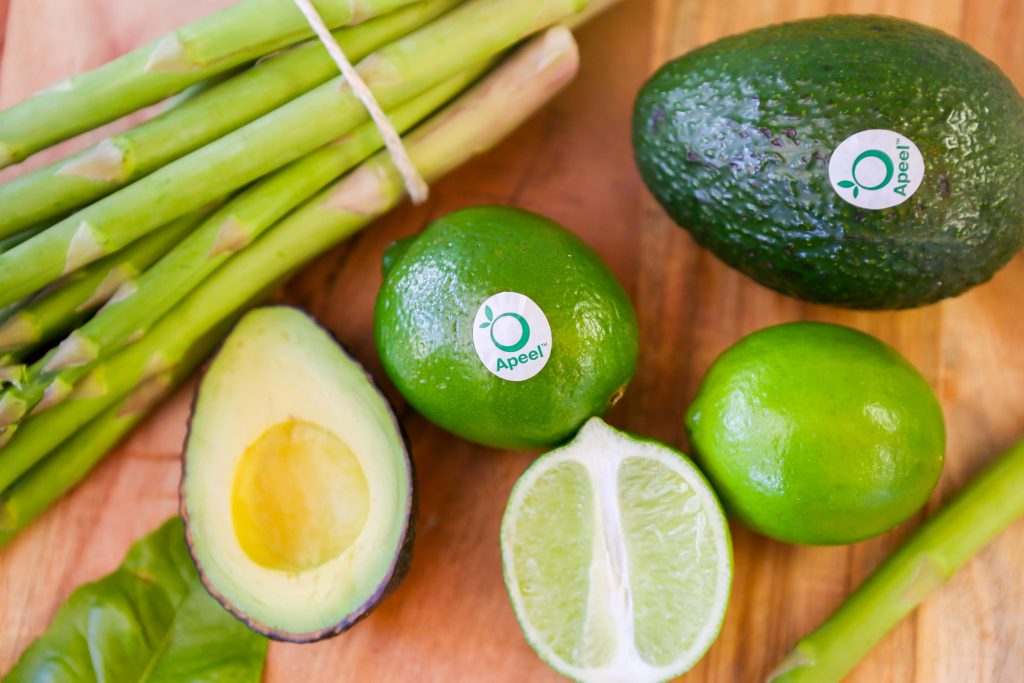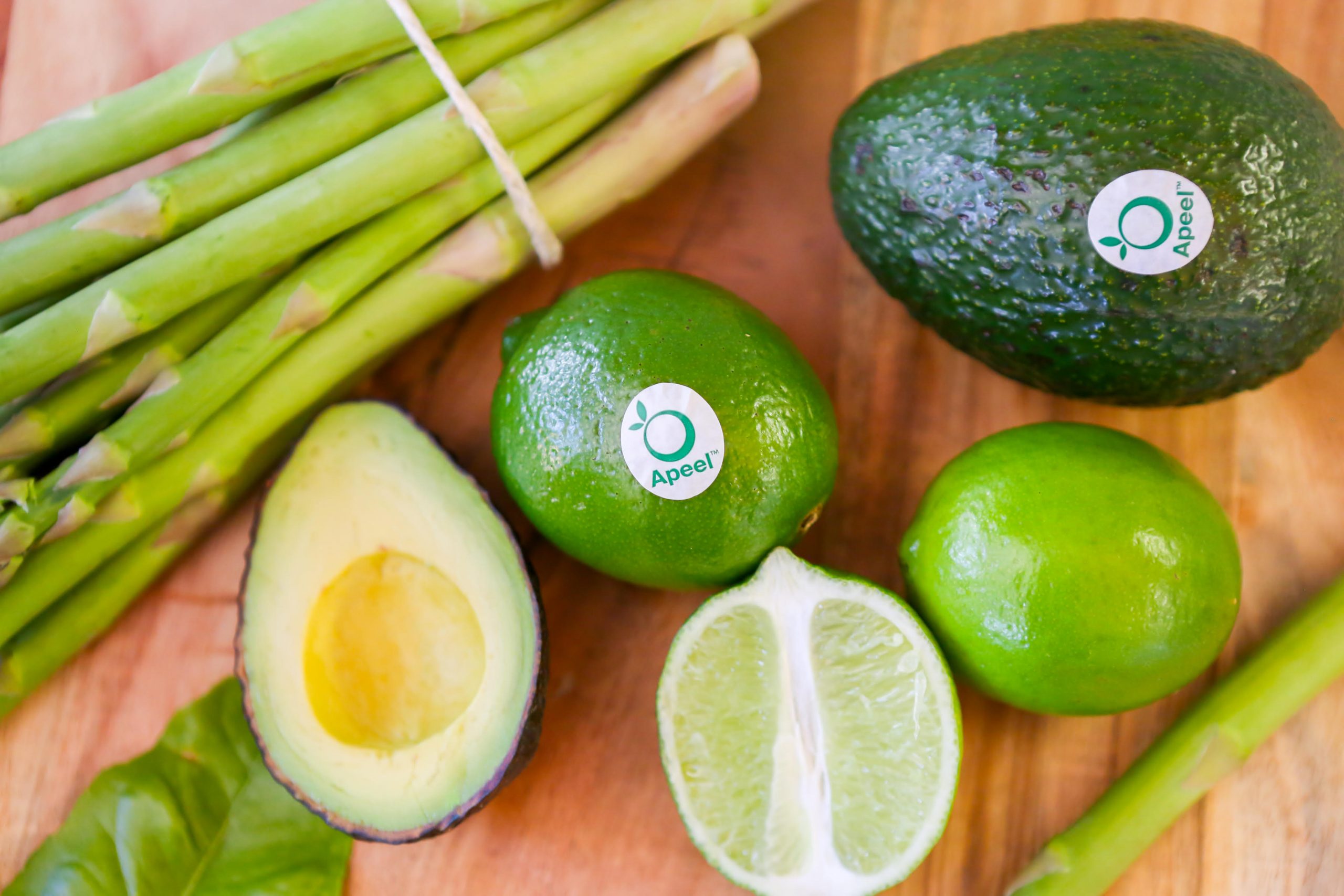Apeel: plant-derived solutions to food waste
By 2050, there will be a shortage of food to feed the global population. One out of ten people will go hungry. Meanwhile, 40 percent of food grown today goes to waste. To address this problem, James Rogers established Apeel.
Apeel utilises plant-derived materials that can be found in every bite of fruit to protect produce. This layer of protection slows water loss and gas exchange of oxygen, which in turn delays spoilage. “We have a philosophy about how we create our product. And that philosophy is that we work with nature and never against it,” said Jason De Turris, Apeel’s Vice President of Brand Marketing.
“We look to nature in order to use food to preserve food.”
Apeel can be used for various kinds of produce, such as avocados, mandarins, lime, lemons, and organic apples. It makes the most out of food production, benefiting growers, distributors, and retailers. It saves water and energy consumption in the production of fruit. For each avocado serviced by Apeel, 21 litres of water and nine cellphone charges of energy are saved.
Stating with avocados in the US, Apeel has expanded into Germany and Denmark, due to existing trade routes. The avocados arrive in Rotterdam from South America, while the mandarins and citrus come from Spain. Together with partners such as Nature’s Pride, Apeel continues to expand its market and products. For 2020, the company looks to expand in the UK and US, and also serve cucumbers.
The method used by Apeel was inspired by the skins and peels of all kinds of fruits and vegetables, from strawberries to peppers, which nature uses to keep them fresh. Made from materials found in all fruits and vegetables, Apeel creates a water-based formula that adds a little extra “peel” to the surface of fresh produce. This protection keeps the moisture on the produce longer and slows down respiration to delay spoilage. The process increases the longevity of many varieties of produce by two to three times.




